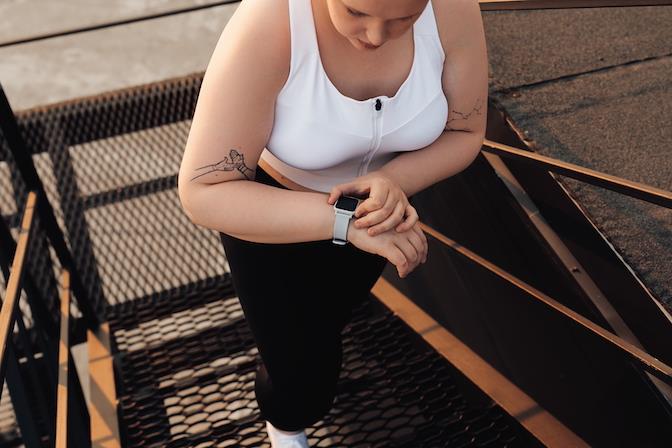Tips for avoiding summer sprains and injuries
Jun 17, 2020

Summer sunshine is luring us from our quarantine hiding places. While it feels good to be outside again in the great Northwest, such fun may come with a price. After months of missed workouts and plenty of days indoors, your muscles and joints may not be as ready for activity as you are.
This doesn’t mean you have to settle onto your couch for the rest of your life. Physical activity is an important part of keeping yourself well, both physically and mentally.
As you seize the too-short Portland summer, keep these tips in mind to help you avoid injury, recover from activity more quickly and, if you do get hurt, get the help you need.
Warm-up before physical activity
When the sun is shining, we tend to want to rush out the door and enjoy the day. A slower and more thoughtful start can reduce future pain, especially when you have underused muscles, tendons and ligaments.
“The importance of stretching and warmups is often illustrated through temperature effects seen on a rubber band,” says Karen Kostenko, an Adventist Health Portland urgent care provider. “If a rubber band has been placed in the freezer and forced to stretch, it can frequently snap or not stretch appropriately.”
In the same way a warmed rubber band has much more flexibility, your body will work better with some warming up. Think in terms of revving up your body and your heart by starting with an easy walk before a hike or a slow swim before you start counting your lap times.
Gentle stretching is another important way to prepare your body for physical exertion. Just be careful: Extreme stretching before exercise is like pulling hard on that rubber band while it’s still ice-cold from the freezer.
Easing aches and pains
Even with a good warmup, a body unused to much activity may feel sore the next day or two. Don’t despair! The most common aches and pains are easily relieved at home.
Over-the-counter pain relief: Kostenko recommends typical medications like ibuprofen (Advil), naproxen (Aleve) and acetaminophen (Tylenol). Because each type of pain reliever can have side effects for certain health conditions, make sure you talk with your primary care doctor or nurse practitioner about which is the best and safest for you.
RICE method: RICE (rest, ice, compression and elevation) is a collection of treatments that help sore muscles and mild strains feel better and heal more quickly. The RICE method is particularly useful for injuries with swelling, like a wrenched ankle. Kostenko says RICE is most beneficial in the first 24 to 48 hours, but you may need more time depending on the type of injury, what type of work you do, your body type and underlying health conditions.
Urgent care for summer injuries
If your injury and/or pain seems more extreme, talk with a medical provider. Adventist Health’s urgent care clinics are ready to assess, diagnose and treat injuries like strains, sprains and fractures.
“We do not want you to suffer, and we definitely don't want you to go without proper evaluation or without a good treatment plan in place,” says Kostenko. “If the injury has caused a negative effect on your activities of daily living, I would recommend an evaluation in the clinic.”
Some injuries are difficult to evaluate without an X-ray or other forms of medical evaluation. An urgent care provider will go over your medical history — including past injuries — as well as your symptoms to diagnose your injury and set you up for treatment and recovery.
You don’t have to wait around in pain. Adventist Health Portland’s urgent care clinics are open for extended hours every day so you have quick access to the care you need. You can even check in online.

